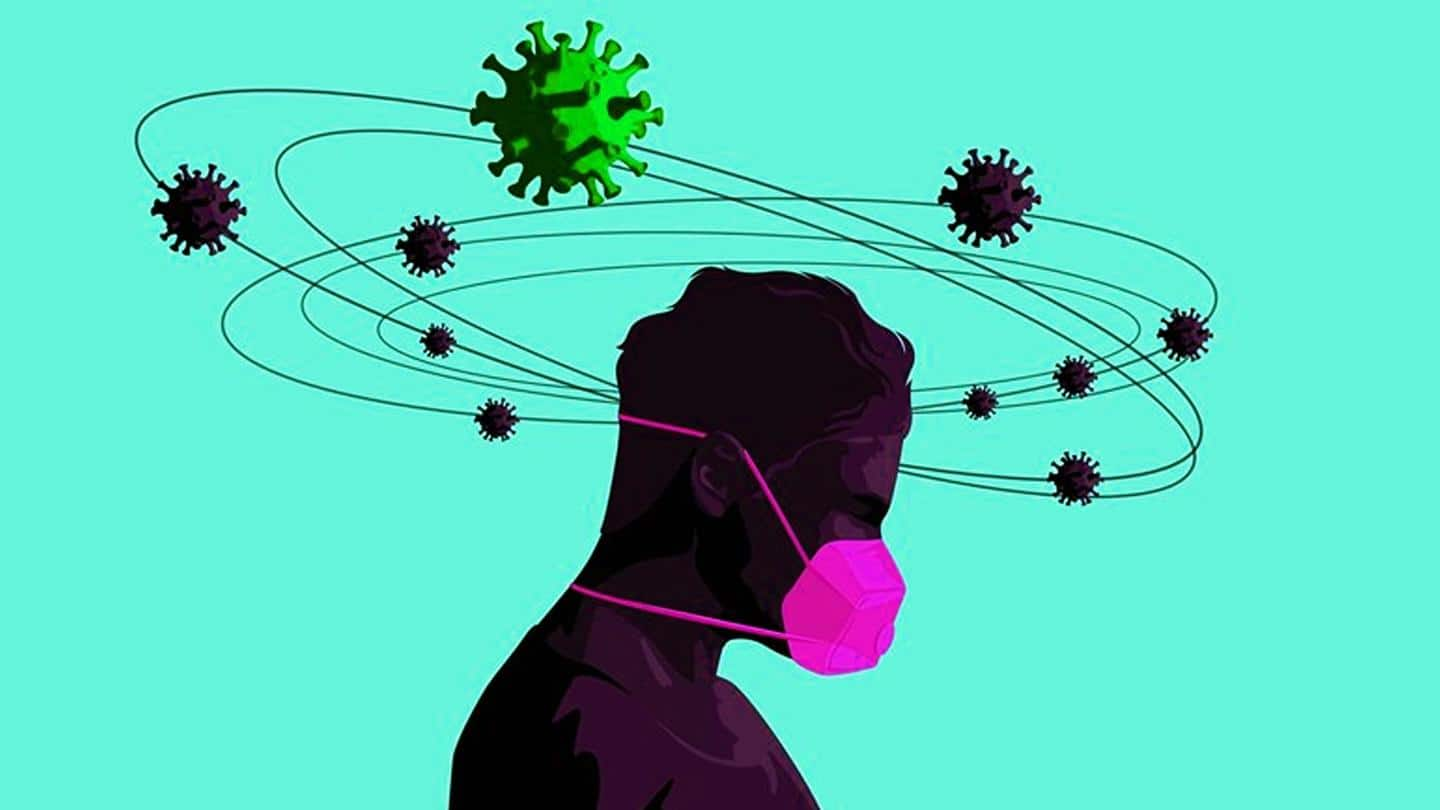
Swedish researchers discover gene that cuts COVID-19 severity by 20%
What's the story
A latest study by Swedish researchers has discovered a gene that reduces the intensity of COVID-19 infections by 20%. The researchers believe the gene's discovery will aid in the development of potent antiviral medications and help explain the diversity of symptoms. The gene instructs the body to produce a protein capable of destroying SARS-CoV-2. Researchers say the presence of this gene varies across ethnicities.
Context
Why does this story matter?
Since the COVID-19 pandemic began in 2019, over 328 million people have been infected while5.5 million have died. The virus has also mutated into different variants since, with the latest Omicron variant causing a fresh spike in infections worldwide. However, while the variant has had a significant impact on some nations, triggering more deaths, several others have escaped with minor infections.
Study
What were the findings of the study?
The study—published in Nature Genetics—was conducted by researchers at Sweden's Karolinska Institutet. Among people of African ancestry, the gene was found in roughly 80% of the study subjects. Separately, one out of every three people of white European heritage had the gene. The gene is notably responsible for the length of the protein OAS-1. The protein's length decides how effectively it breaks down SARS-CoV-2.
Information
'Beginning to understand genetic risk factors'
"That we are beginning to understand the genetic risk factors in detail is key to developing new drugs against COVID-19," said study co-author Brent Richards, a professor at McGill University in Canada.
Outbreak
COVID-19 cases around the world
More than 55 million are currently infected with COVID-19 across the world, with the United States topping the chart, followed by India, according to Worldometer. Daily cases worldwide saw a dip from 3.3 million on January 13 to 1.9 million on January 16. Daily deaths also saw a decline with 4,013 cases on January 16 from 8,156 cases on January 13.
Restrictions
Countries tighten curbs amid Omicron scare
To combat the spread of the Omicron strain, several Indian states have brought back night curfews and imposed curbs on public transport, restaurants, movie theaters, etc. Similarly, Hong Kong has reinstated severe restrictions, including the shutdown of gyms. Japan's government is reportedly considering imposing stronger coronavirus measures described as a "quasi" state of emergency. New Zealand has postponed a phased reopening of the border.